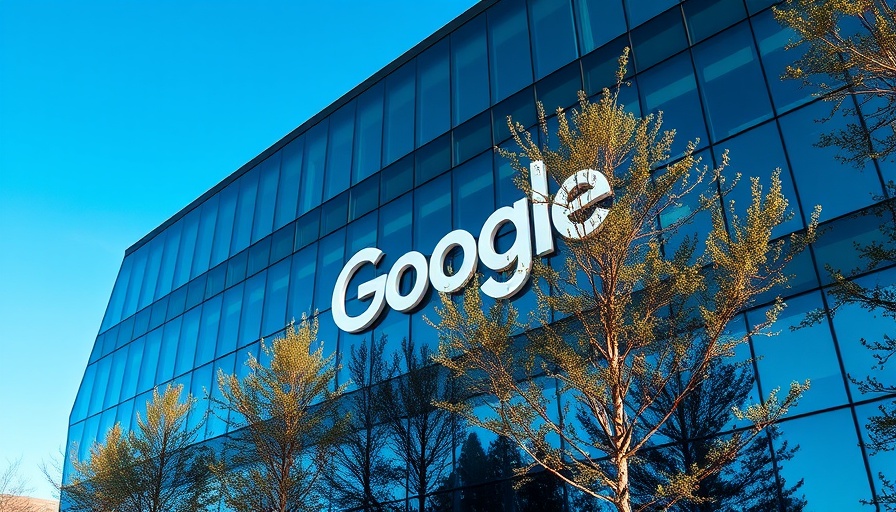
Understanding the Legal Battle: What’s at Stake for ISPs?
The ongoing Supreme Court case involving Cox Communications and the multifaceted liability concerns surrounding internet service providers (ISPs) offers a glimpse into the precarious situation these companies find themselves in. With tech giants like Google, Amazon, and Microsoft stepping in to support Cox’s appeal against a $1 billion copyright verdict, family households and internet users are directly impacted by these legal interpretations.
The Roots of the Conflict: Copyright Law vs. ISP Liability
At the heart of this issue is the Fourth Circuit Court of Appeals ruling, which could transform how ISPs manage user activity in the digital realm. The court held Cox responsible for subscribers' piracy actions merely based on their knowledge of ongoing infringement without them taking action. This precedent could lead to ISPs needing to monitor user behavior continuously, raising significant privacy and operational concerns for homeowners and renters who rely on these services for internet access.
The Risks of Overreach: Could ISPs Become 'Internet Police'?
The implications of the ruling are staggering. Cox posited a future where providers are pressured into becoming 'internet police', determining service access based on claims of misconduct. For homeowners who want uninterrupted high-speed internet for activities like streaming, working from home, or gaming, this could mean facing abrupt service changes or restrictions based on vague accusations rather than proven misuse. The challenge here is not just about user behavior but also about maintaining a free and accessible internet for everyone.
Cox’s Argument: Protecting the Internet Economy
Cox maintains that they did not conduct any intentional acts to further illegal activities, stating they merely lacked the means to monitor all users constantly. This defense is critical as it highlights the potential for a chilling effect on the internet economy. If legal liability is placed heavily upon ISPs, the resulting cautious behavior could lead to a reduction in broadband service options, ultimately affecting households dependent on these essential services.
What the Internet Giants Are Saying
In their joint brief, Google, Amazon, Microsoft, and other tech companies argue that the court's broad rulings on copyright liability could result in an onslaught of illegitimate lawsuits against providers. They assert that acts of mere knowledge are not sufficient grounds for liability; rather, there should be a necessity for demonstrable “conscious, culpable conduct” contributing to the infringement. This approach aims to safeguard both ISPs and internet users alike from erratic repercussions of legal rulings.
Your Voice Matters: Weighing in on the Future of Internet Access
As a homeowner or renter looking to enhance your connectivity, understanding these legal battles is essential. They could reshape how ISPs operate and, by extension, how you access the internet. Stakeholders should keep an eye on this case and consider voicing their opinions to local representatives about internet rights and provider responsibilities, ensuring that internet access remains a service free from excessive surveillance.
In conclusion, the ongoing debate around ISP liability versus user privacy will have significant implications for internet users everywhere. Keeping informed and engaged in these discussions can help shape the policies that govern our digital lives.
 Add Row
Add Row  Add
Add 




Write A Comment